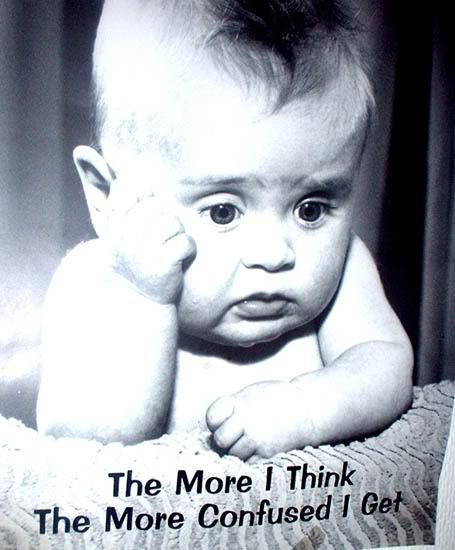Cockney rhyming slang
Over the years I've chatted about this subject with both learners of English and native speakers who have not come across it. It's often met with interest...
Clearly you find slang wherever you go but I've never come across anything as extensive as Cockney rhyming slang. I've often found that when people use slang you can understand most of what they are saying and simply need to ask them to explain a few words. When people talk using a lot of Cockney rhyming slang you'd not have a scooby as to what they are talking about.
Cockney rhyming slang is a collection of words and phrases that originated in the east end of London. A Cockney, strictly speaking, is someone born within the sound of the Bow bells, the bells of St Mary-le-Bow Church in Cheapside. The term Cockney is more widely used to refer to those who speak with an accent similar to that of the east end of London.
I've read that this system of slang developed in the olden days amongst criminal gangs so that they might discuss in public things that they do not want others to understand.
The way it works is that the word you want to use is replaced by either:
1/ A (specific) word that rhymes with it
2/ A (specific) phrase that rhymes with it
3/ A (specific) truncated phrase, the part that rhymes with your word having been removed
Whlist most rhyming slang is only used locally to where it originated, some has permeated throughout British English, the majority of the population having no idea as to their origin. Some examples:
'Use your loaf' means use your head. 'Loaf of bread' rhymes with head. The rhyming part (bread) is removed and you are left with loaf = head
'Have a butchers at that' means have a look at that. 'Butchers hook' rhymes with look. The rhyming part (hook) is removed and you are left with butchers = look
Berk is a mildly derisive term meaning someone who is a bit silly. It originates from a word that rhymes with BERKeley hunt!
All the above are widely used in the UK, below is some Cockney rhyming slang regularly used but more restricted to the London area:
Lady - from Lady Govida (historical figure) - means fiver (a five pound note), as in 'lend us a fiver mate, I'm skint'
Scooby - from Scooby Doo - means clue, as in 'I ain't got a scooby mate'
Barnet - from Barnet Fair - means hair, as in 'mate, what's going on with your barnet?'
Pony - from pony and trap - means crap (as in not good), as in 'I ain't goin' to the Dog and Duck, it's pony, let's go to the Rose and Crown'
Ruby - from Ruby Murray - means curry
Alans - from Alan Whicker - means knickers
Britneys - from Britney Spears - means beers
Follows an excerpt from Guy Ritchie's 'Lock, Stock and Two Smoking Barrels', this part of the film is subtitled in English, it took me a while to understand it all:
A few nights ago his roger iron busted.
He's gone down the battle cruiser to watch the football.
No one's watching the custard, so he switches the channel.
A fat geezer's north opens.
He wanders up and turns the Liza over.
"F... off and watch it somewhere else."
He knows claret is imminent, but he doesn't want to miss the game.
Calm as a coma, picks up the fire extinguisher, walks past the jam rolls ready for action and plonks it outside the entrance.
He orders an Aristotle of the most ping-pong tiddly in the nuclear sub and switches back to his footer.
"That's f...ing it," says the geezer.
"That's f...ing what?" says Rory.
He gobs out a mouthful of booze, covering Fatty.
He flicks a flaming match into his bird's nest and the geezer's lit up like a leaking gas pipe.
Rory, unfazed, turns back to his game.
His team's won, too. Four nil.
4 Answers
The Gregory is in the post. Now what is in the post or more to the point what should be in the post.
Goyo, Lucamos, I've tried to explain the theme more effectively...
??? Meanwhile, back at the ranch. ![]()












